English Dub Review: The Rose of Versailles
Overview (Spoilers Below):
The Rose of Versailles is a film adaptation of Riyoko Ikeda’s 1972 manga. It is directed by Ai Yoshimura and written by Tomoko Konparu. It is produced by MAPPA, which is known for animating projects like Jujutsu Kaisen, Chainsaw Man, and Zenshu. The film’s theme song, “Versailles,” is performed by Ayaka.
In the late 18th Century, four people: Oscar François de Jarjayes (Caitlin Glass), a general who is a woman raised as a son, Marie Antoinette (Megan Shipman), the daughter of an Austrian empress who is destined to become queen, André Grandier (Brandon McInnis), Oscar’s childhood friend, and Hans Axel von Fersen (Ryan Colt Levy), a Swedish aristocrat, meet in Versailles, France and live their respective destinies while being tossed by the tides of the era.
Our Take:
There’s usually that feeling I had where women seem to struggle to adapt to today’s times, especially with how they’re treated poorly on social media, whether it involves film, politics, or both. But, it’s nothing compared to what they’ve been through in the late 18th Century, especially when one is dressed and acted like a man. Riyoko Ikeda’s The Rose of Versailles was a historical romance drama that showcased the daily lives of that particular woman, Oscar François de Jarjayes, who served as the Royal Guard’s commander, and many others around her. While it may seem like another typical love story by some, The Rose of Versailles was crucial to the shōjo medium’s transitional period. Through its combination of historical elements, original characters, and thematic storytelling involving politics and sexuality, the manga became one of the key elements responsible for the rise of manga aimed at adolescents and young adults.
In addition to the manga, The Rose of Versailles was adapted into various media, such as an anime television series, a 1979 live-action film directed by Jacques Demy, and a series of musicals. This year, the world of The Rose of Versailles returns with an anime film produced by MAPPA, which was actually my first exposure to the source material. At first, I didn’t find much appeal to the concept, given my hit-and-miss history with historical dramas. But, when I heard that MAPPA, the company behind the surprisingly good Zenshu, was producing the anime film adaptation, I immediately became convinced to see how it would convey the presentation seen in the manga. However, the biggest challenge that invoked my curiosity was impressing the fans and providing the quality needed to attract newcomers unfamiliar with the source material.
For the former, The Rose of Versailles provides plenty of moments that’ll resonate well for those following the source material, including its historical elements and themes involving freedom, humanity, and women’s roles. In this case, the film explores Oscar’s coming-of-age journey as a woman raised as a man struggling to liberate herself from the traditional bonds that bind her. The most notable example is Oscar assuming the role of captain of the French Guard, which proved to be more challenging than anticipated when she faced mistreatment from the guards due to her gender. This aligns with the traditional roles during the late 18th Century, where men were seen as soldiers and rulers, while women assumed the positions of supporting the men and nothing else. The film’s story involves Oscar challenging those roles by assisting in the French Revolution that concluded with the fall of Bastille and the death of Marie’s royal family. So, it’s understandable why the source material has been getting much love since its inception. This refreshing perspective of the French Revolution and reflection of female empowerment inspired people to embrace who they wanted to be despite their gender and see the good in humanity.
As someone who hasn’t read the source material, I did have concerns watching the latest adaptation, particularly in the first act. The first act of The Rose of Versailles was structured like a series of historical lessons that didn’t take time to fully grow its characters, including the relationship between Marie and Oscar. In a way, it’s like watching the shortened version of the 1979 anime, showcasing some of its memorable moments with a new coat of paint. Regarding its time skips and character development, the film attempted to make do with its runtime only to require viewers to watch the anime series to fully grasp their entire history. Fortunately, once the movie decided to focus solely on Oscar, the narrative went a lot smoother from there, as it utilized its thought-provoking themes and presentation to craft a beautifully symbolic and poignant reflection of freedom for not just the country but also the human soul.
The Rose of Versailles also became an occasion where the English dub fits suitably alongside the Japanese version, bringing in numerous talented actors like Caitlin Glass, Ryan Colt Levy, and Megan Shipman. However, Caitlin Glass stands out from the bunch in terms of her genuinely compelling performance as Oscar. Much like her protagonist, Glass took command of the role with fierceness and humanity, resulting in a sublime portrayal that felt more earned than manipulatively sappy, especially during the third act. Megan Shipman also did very well as the voice of Marie Antoinette, a young queen whose lack of restraint and restrictions caused the commoners to rise against the nobles, emphasizing her tragedy that began with her selfishness.
Finally, there’s the animation by MAPPA, which was the main reason for my curiosity. After watching such projects as Chainsaw Man and Zenshu, I did not doubt that the studio’s ability to immerse audiences with vibrant colors and artistry would translate well with this adaptation. Fortunately, I was proven right. With its brightly saturated coloring, production designs, and musical sequences, MAPPA’s presentation shined in its beauty and emotional grasp rather than distracting viewers with its stylized metaphorical visions. While a few musical sequences needlessly expanded its runtime, the radiance in their artistic visions was gorgeous enough to bypass their pointless additions. The animation also ensured that the CGI effects integrated perfectly with traditional animation, providing a visually cohesive balance that’s pleasing to the eyes, with the primary example being the masquerade ball sequence. That scene alone was why I decided to keep watching the first act, which I was glad I did.
Overall, the film adaptation of The Rose of Versailles is a worthy depiction of the classic source material that offers more roses than tedious drama. While the first act felt rushed in its episodic structure, save for the masquerade ball scene, the rest of the movie easily picked up the slack with its focus on Oscar. The result is a thoughtful and gorgeously striking tragedy that honors its deep thematic narrative and humane characters with grace and dignity. With its respectable voice cast, engaging themes, and brilliant animation, the film provided a virtuous experience fit for the source material’s fans. More importantly, it serves as a welcoming introduction to the popular manga for newcomers hoping to jump into the world of anime. I’m unsure whether this experience convinced me to watch the 1979 anime version. However, I will say that this gorgeously sublime film adaptation didn’t make me want to execute myself.


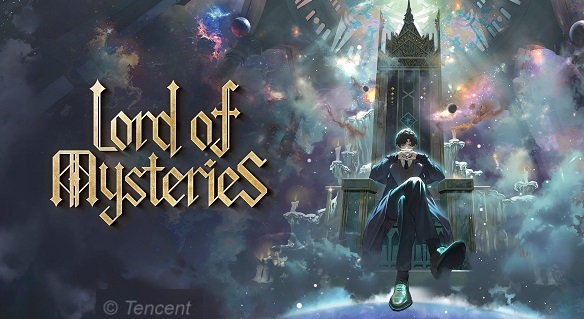
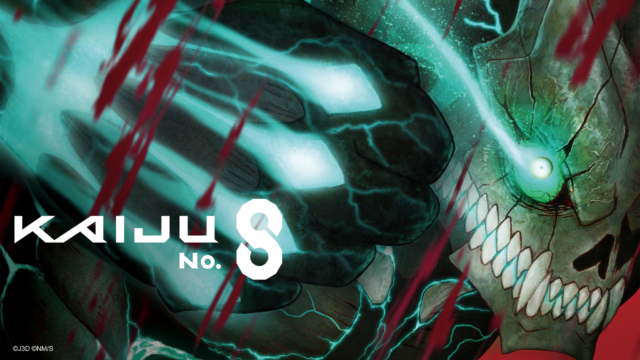
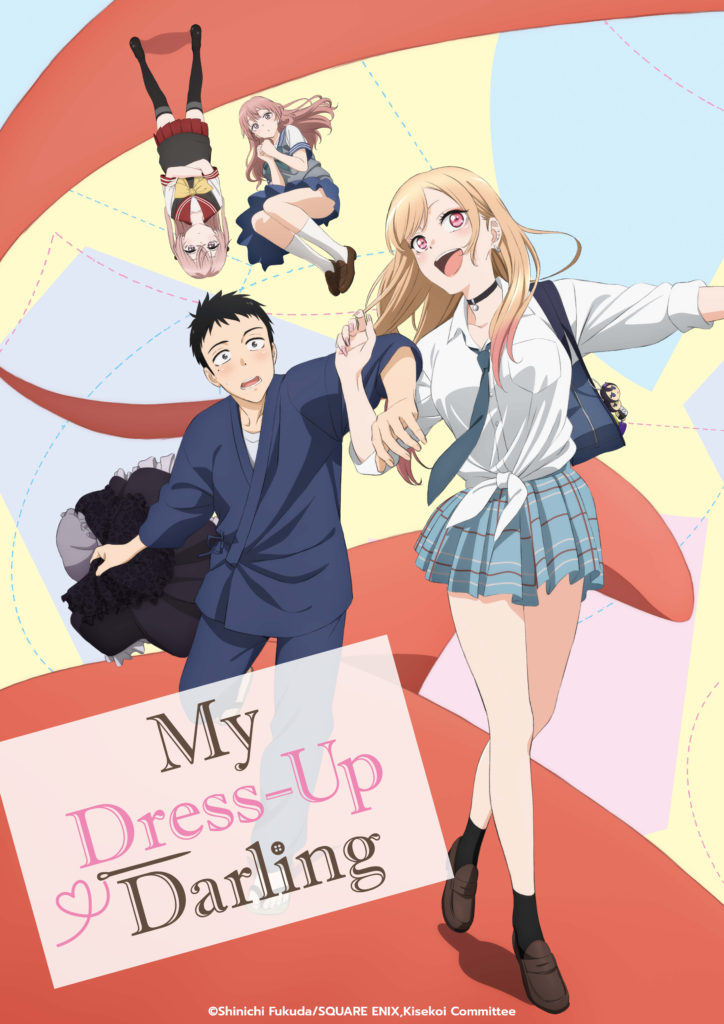














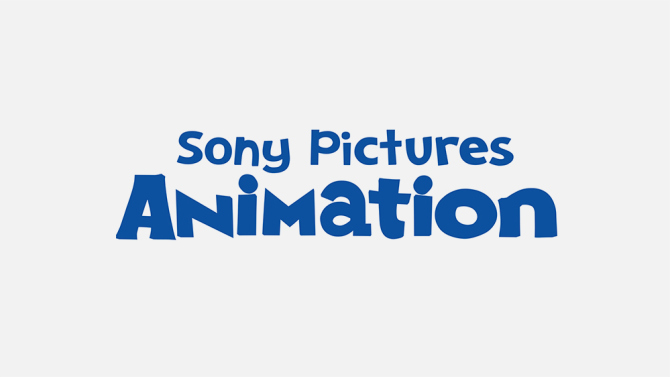
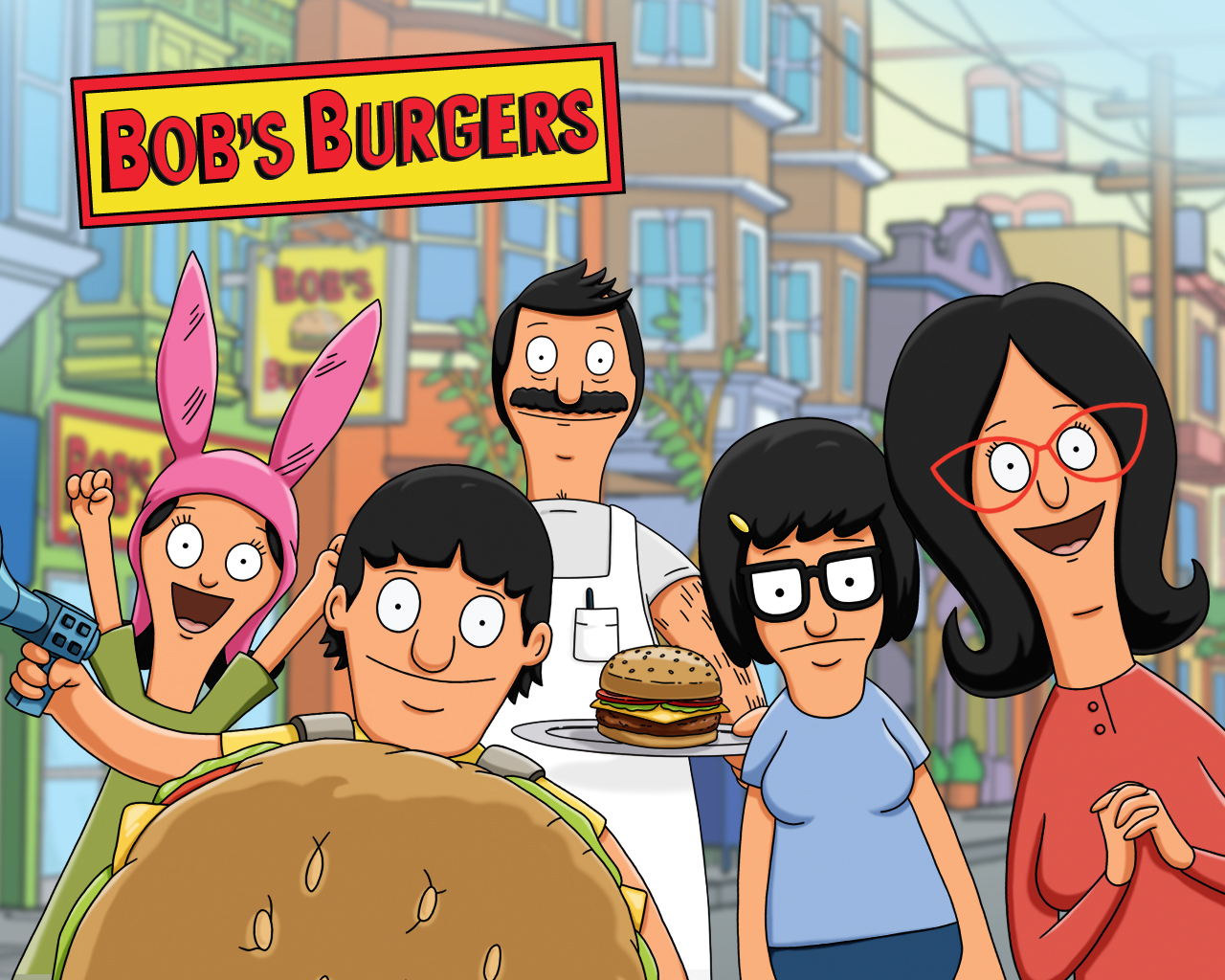
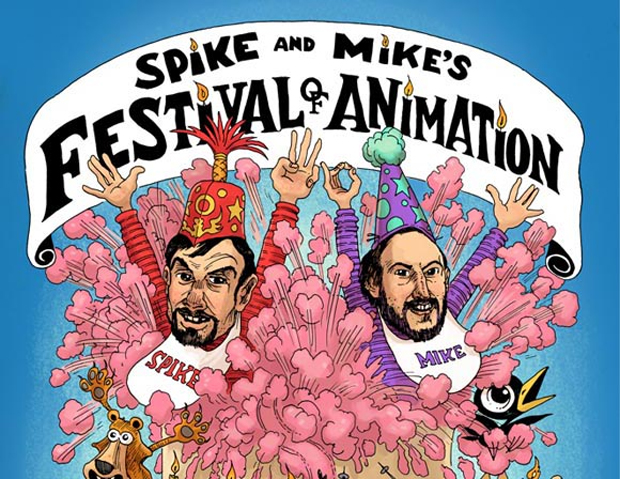

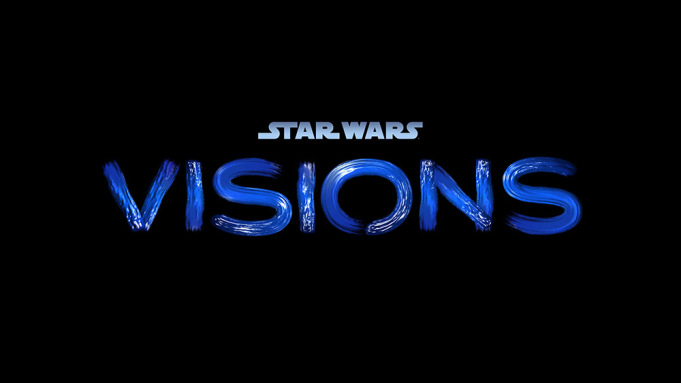
"There are also other characters that come and go (also owned by the Warner Bros. Discovery conglomerate media company)."
Huh. Is that just referring to other characters from the show itself, or is this implying that the new season is going to have cameos from other WBD IPs